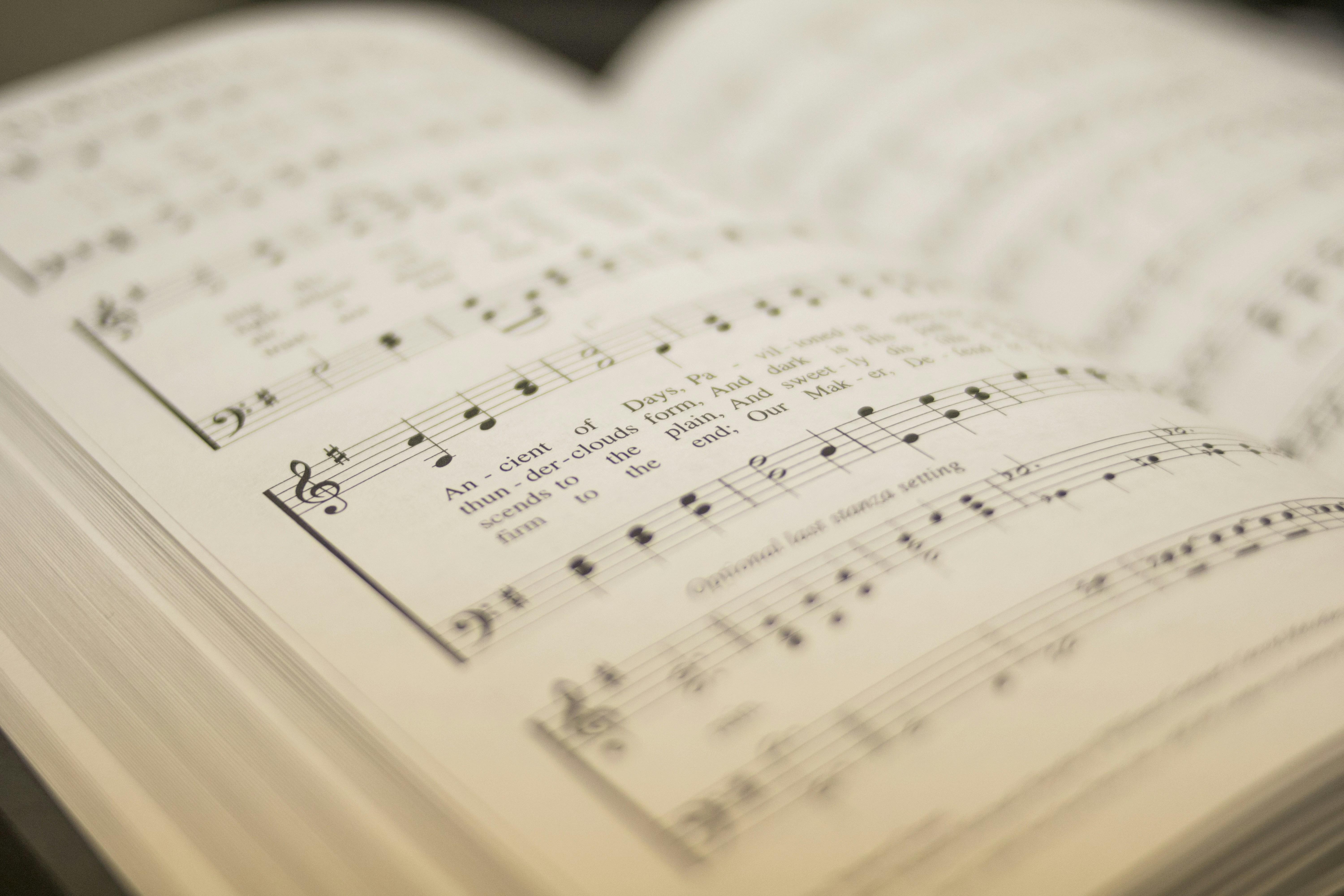In the realm of contemporary literature, Madeline Miller‘s The Song of Achilles has emerged as a celebrated work, captivating readers with its vivid portrayal of the legendary relationship between Achilles and Patroclus. This novel, while rooted in the rich tapestry of Greek mythology, has sparked an intriguing debate among scholars and enthusiasts alike: Should it be regarded as a faithful retelling of Homeric epics, or does it primarily serve as a modern romance? This question invites a deeper exploration of Miller’s narrative choices, the fidelity of her adaptation to ancient sources, and the thematic elements that resonate with today’s audience. By examining the novel’s adherence to the mythological canon alongside its romantic reinterpretation, this article aims to provide a balanced analysis of whether The Song of Achilles bridges the gap between antiquity and modernity, or if it carves out a distinct niche as a love story reimagined for the 21st century.
Examining Historical Accuracy in The Song of Achilles
When it comes to the historical accuracy of Madeline Miller’s The Song of Achilles, it is essential to consider the blend of mythological elements and historical context. The novel draws heavily from Homer’s Iliad, a work rooted in ancient Greek culture yet filled with legendary embellishments. The primary focus is on the relationship between Achilles and Patroclus, a narrative choice that diverges from the traditional warrior epic to explore themes of love and companionship. This shift raises questions about fidelity to the source material, as the original texts offer ambiguous hints about their bond, leaving much to interpretation. However, Miller’s portrayal aligns with some scholarly debates about the potential romantic nature of their relationship, highlighting the subjective nature of historical retellings.
- Historical Setting: The novel is set during the Trojan War, an event shrouded in myth and partially based on historical events. Miller meticulously details the era, from the intricate descriptions of Mycenaean culture to the portrayal of ancient warfare.
- Character Interpretations: While characters like Achilles and Patroclus are rooted in mythology, Miller adds layers of depth, focusing on their personal growth and emotional journeys. This creative liberty, while diverging from traditional accounts, offers a fresh perspective on well-known figures.
Ultimately, The Song of Achilles serves as a bridge between ancient myth and contemporary storytelling. While it may not adhere strictly to historical accounts, it opens up a dialogue about the fluidity of myth and the evolving nature of narrative interpretation. The book invites readers to ponder whether a faithful retelling necessitates strict adherence to historical detail or if it allows for the exploration of timeless human experiences through a modern lens.

Analyzing Modern Romantic Elements in the Narrative
In examining Madeline Miller’s The Song of Achilles through the lens of modern romantic elements, one can identify several distinct characteristics that align it with contemporary romantic narratives. First and foremost, the novel places a strong emphasis on the emotional and psychological depth of its characters, particularly through the lens of the relationship between Achilles and Patroclus. This focus on character development and emotional complexity is a hallmark of modern romance, diverging from the often more straightforward depictions of relationships found in classical texts.
- Emotional Intimacy: The narrative delves deeply into the personal thoughts and vulnerabilities of both protagonists, showcasing a level of emotional intimacy that resonates with modern readers.
- Complexity of Relationships: Unlike traditional heroic tales that prioritize action and external conflict, Miller’s work explores the nuanced and sometimes turbulent dynamics of love, loyalty, and identity.
- Subversion of Traditional Roles: By portraying Patroclus not merely as a companion but as a significant emotional and romantic partner, the novel challenges and redefines conventional heroic archetypes.
These elements underscore a shift towards a more introspective and relationally-driven narrative, aligning The Song of Achilles with the modern romance genre while still retaining its roots in ancient mythological storytelling.

Balancing Mythological Fidelity with Contemporary Themes
Balancing mythological fidelity with modern sensibilities is a nuanced endeavor, particularly in works like The Song of Achilles. On one hand, maintaining the core elements of Homeric epics is crucial for those who seek a connection to the ancient texts. However, infusing contemporary themes allows these stories to resonate with today’s audiences. Madeline Miller’s novel treads this fine line by adhering to the major plot points and character arcs found in the Iliad, while also introducing a fresh perspective on the relationship between Achilles and Patroclus.
- Mythological Fidelity: The novel remains true to the key events and legendary figures of the Iliad, preserving the grand themes of heroism, fate, and divine intervention.
- Contemporary Themes: It reinterprets the friendship and romantic relationship between Achilles and Patroclus, focusing on humanizing these characters and exploring themes of love and identity.
In this way, The Song of Achilles can be seen as both a faithful retelling and a modern romance, serving as a bridge between ancient myth and contemporary storytelling. This duality allows readers to engage with the text on multiple levels, whether they seek the familiarity of myth or the relatability of modern narratives.

Recommendations for Interpreting The Song of Achilles
When diving into The Song of Achilles, it’s essential to approach it with a nuanced understanding of its dual nature. This novel can be seen both as a faithful interpretation of Homeric legend and as a modern romantic narrative. To fully appreciate its depth, consider these key recommendations:
- Historical Context: While the novel is rooted in Greek mythology, it infuses the story with contemporary sensibilities. Readers should recognize the blend of mythological elements with modern character development.
- Characterization: Pay attention to how the characters are reimagined. Achilles and Patroclus are portrayed with a complexity that emphasizes their emotional and romantic dimensions, which may differ from traditional interpretations.
- Theme Exploration: The themes of love, fate, and glory are explored through a modern lens. Consider how these timeless themes are reinterpreted to resonate with today’s readers.
By balancing these perspectives, readers can appreciate the book as a rich tapestry that weaves ancient tales with contemporary storytelling, allowing for both a faithful homage to the classics and a fresh, romantic interpretation.
